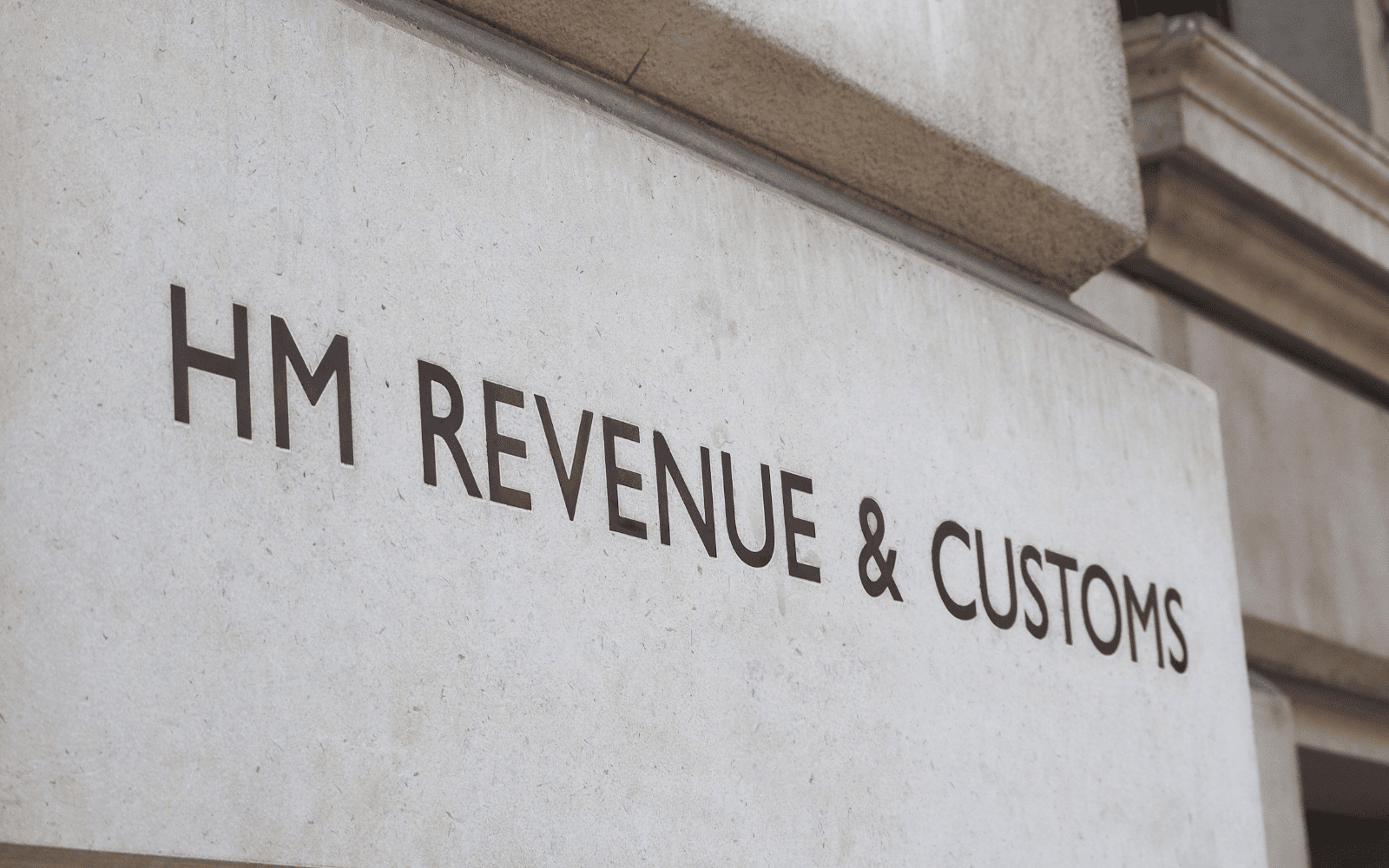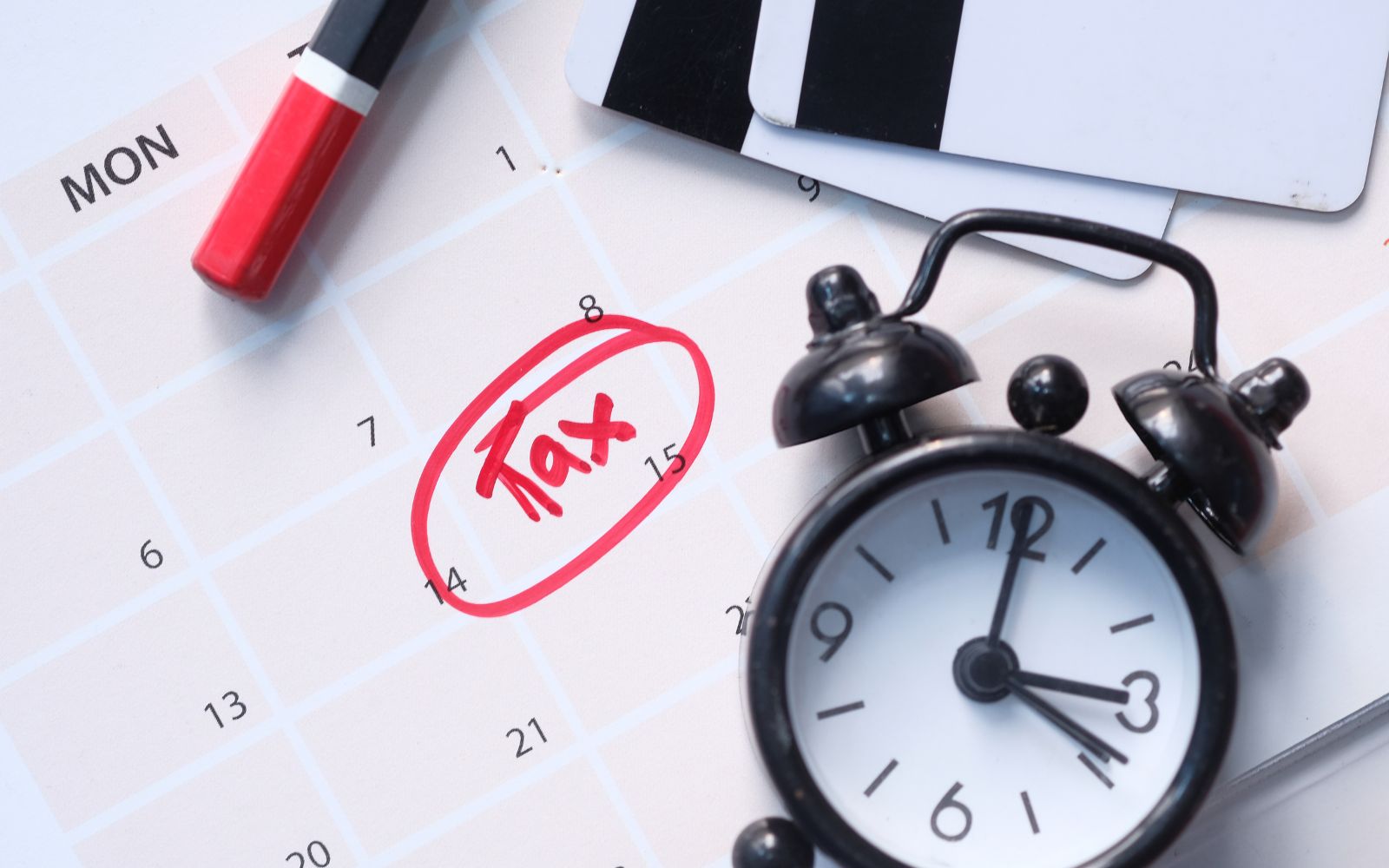How to tell HMRC that your company is dormant

When your company is trading anymore and doesn’t have any other income, you can tell HMRC that it is dormant. By doing so, you relieve yourself from filling a company tax return or paying a corporation tax.
However, because your company still exists, even if it is no longer trading, you will still need to file annual accounts and a confirmation statement with Companies House.
Dormant for corporation tax
A company will normally be classed for corporation tax if:
- it has stopped trading and it does not have any other income;
- it is a new limited company which has not yet started to trade;
- it is an unincorporated association or club that owes less than £100; or
- it is a flat management company.
A company will not be dormant if it is buying, selling, renting property, advertising, employing anyone or receiving interest.
Tell HMRC your company is dormant
If you think that your company is dormant for corporation tax, you can use HMRC’s online service on the government website to inform HMRC. To use the service you will need:
- the company name;
- its 10-digit Unique Taxpayer Reference (UTR); and
- the date when it stopped trading.
HMRC will decide if your company is dormant for corporation tax.
Implications for corporation tax
Once you have told HMRC that your company is dormant or HMRC decided to treat it as dormant, you will no longer need to pay corporation tax or file company tax returns unless you receive a notice to file it. Once you have filed a return showing the company is dormant, you should not receive further notice to file them.
Companies House rules
Registering your company as dormant with HMRC does not relieve you of your Companies House obligations. Your obligations depend on whether the company is ‘dormant’ for Companies House.
This happens if you did not have any significant transactions in the year. Any filing fees paid to Companies House, penalties for late-filed accounts or money paid for shares when the company was incorporated do not count as significant financial transactions.
If your company is dormant for Companies House and also is considered as a ‘small’, then you can file company accounts. You will need to file a confirmation statement too.
The information available on this page is of a general nature and is not intended to provide specific advice to any individuals or entities. We work hard to ensure this information is accurate at the time of publishing, although there is no guarantee that such information is accurate at the time you read this. We recommend individuals and companies seek professional advice on their circumstances and matters.




